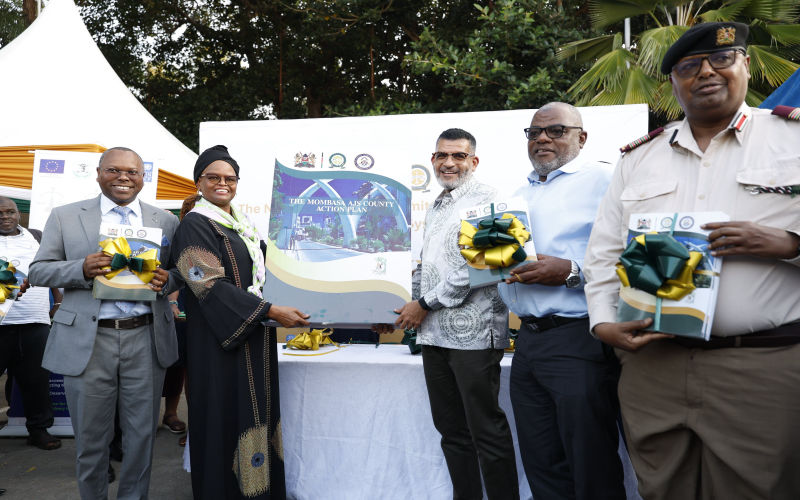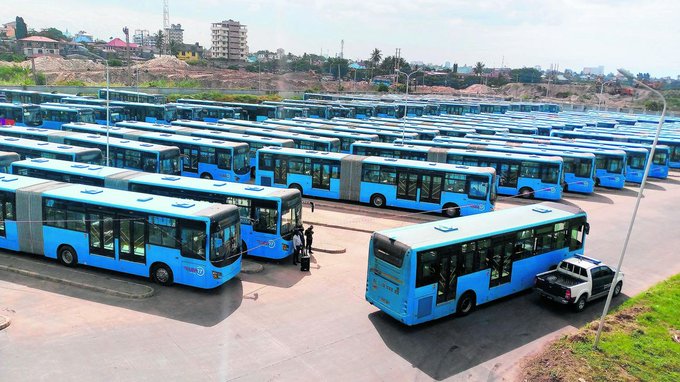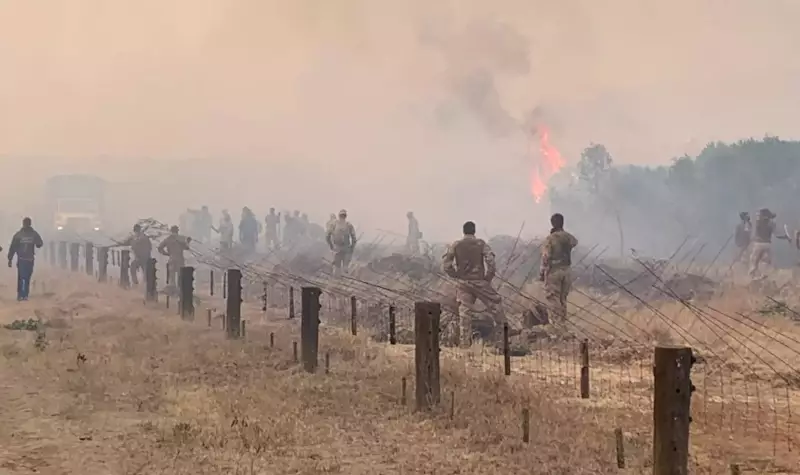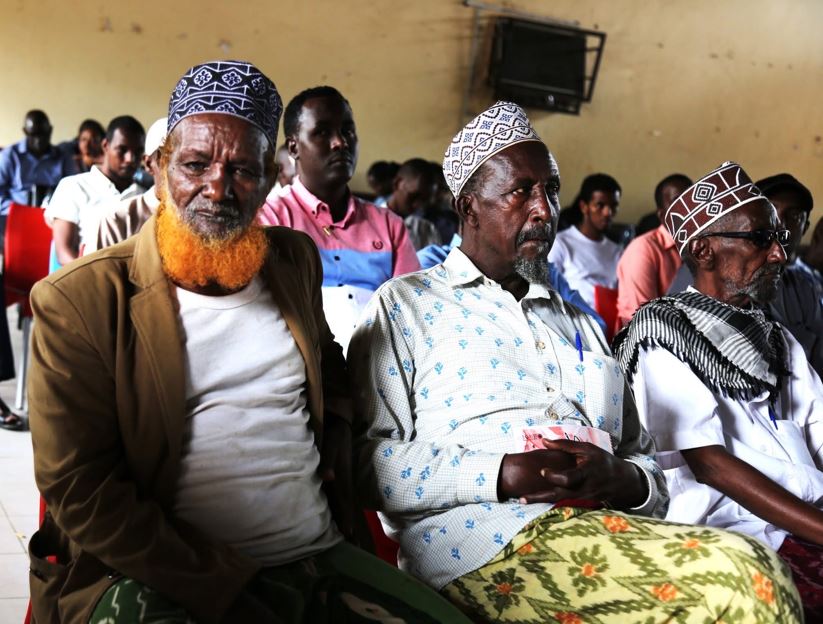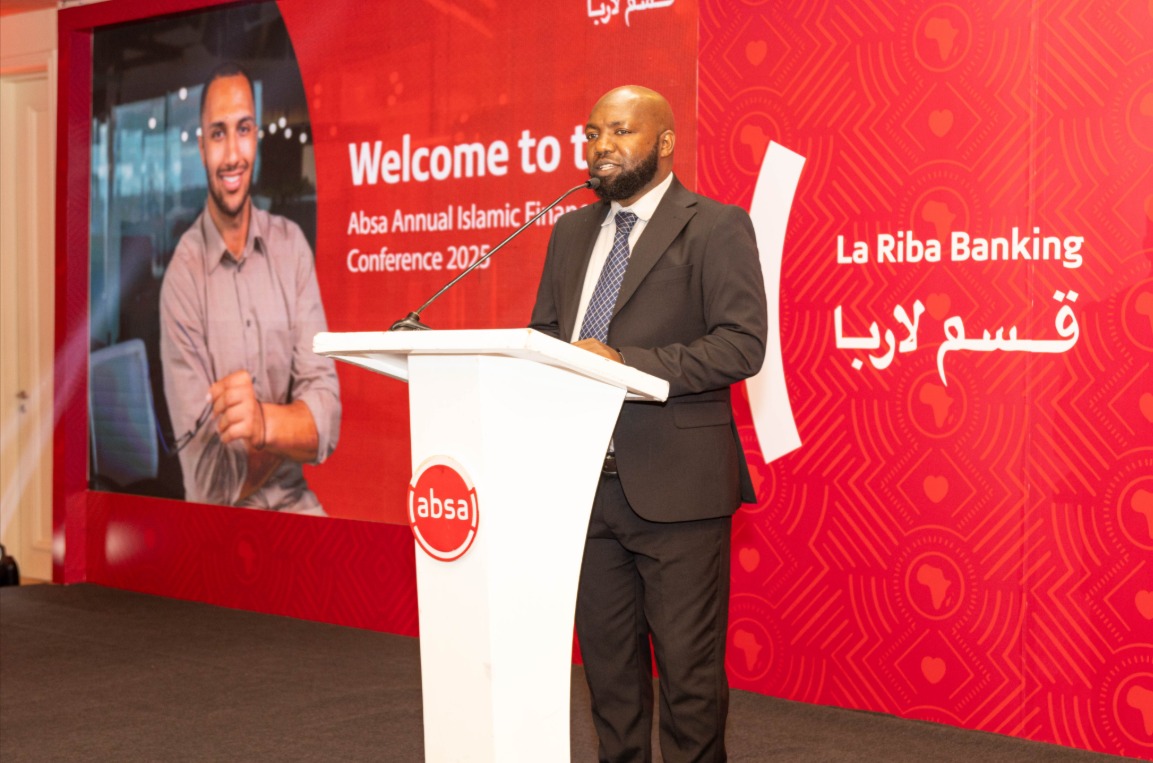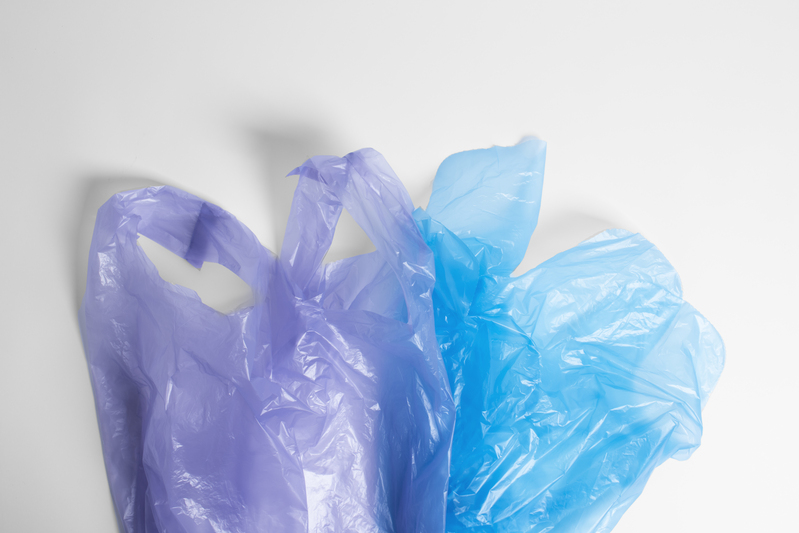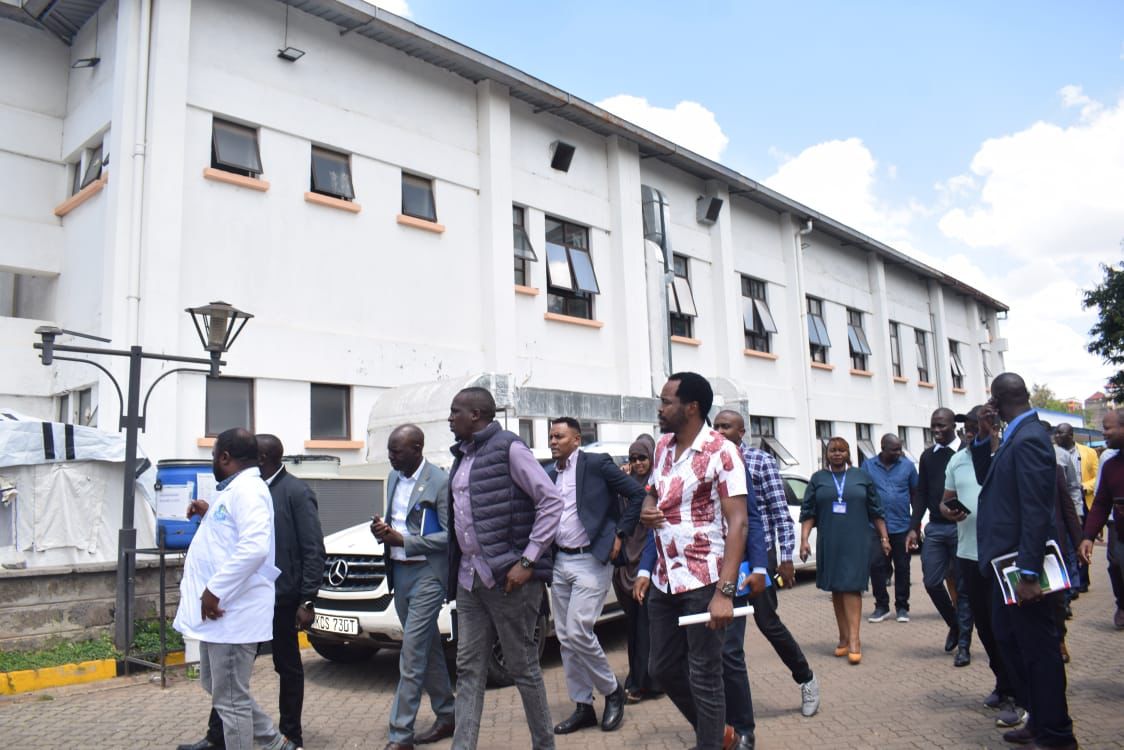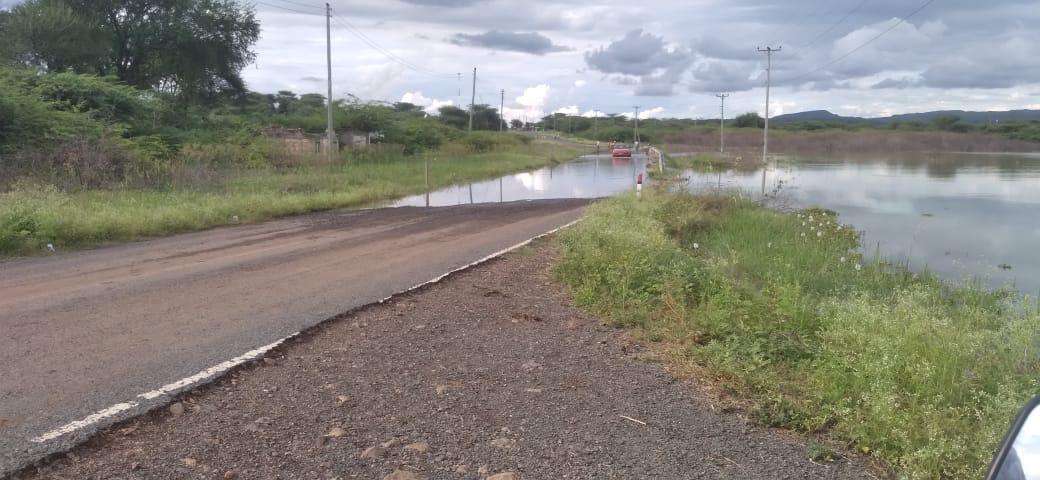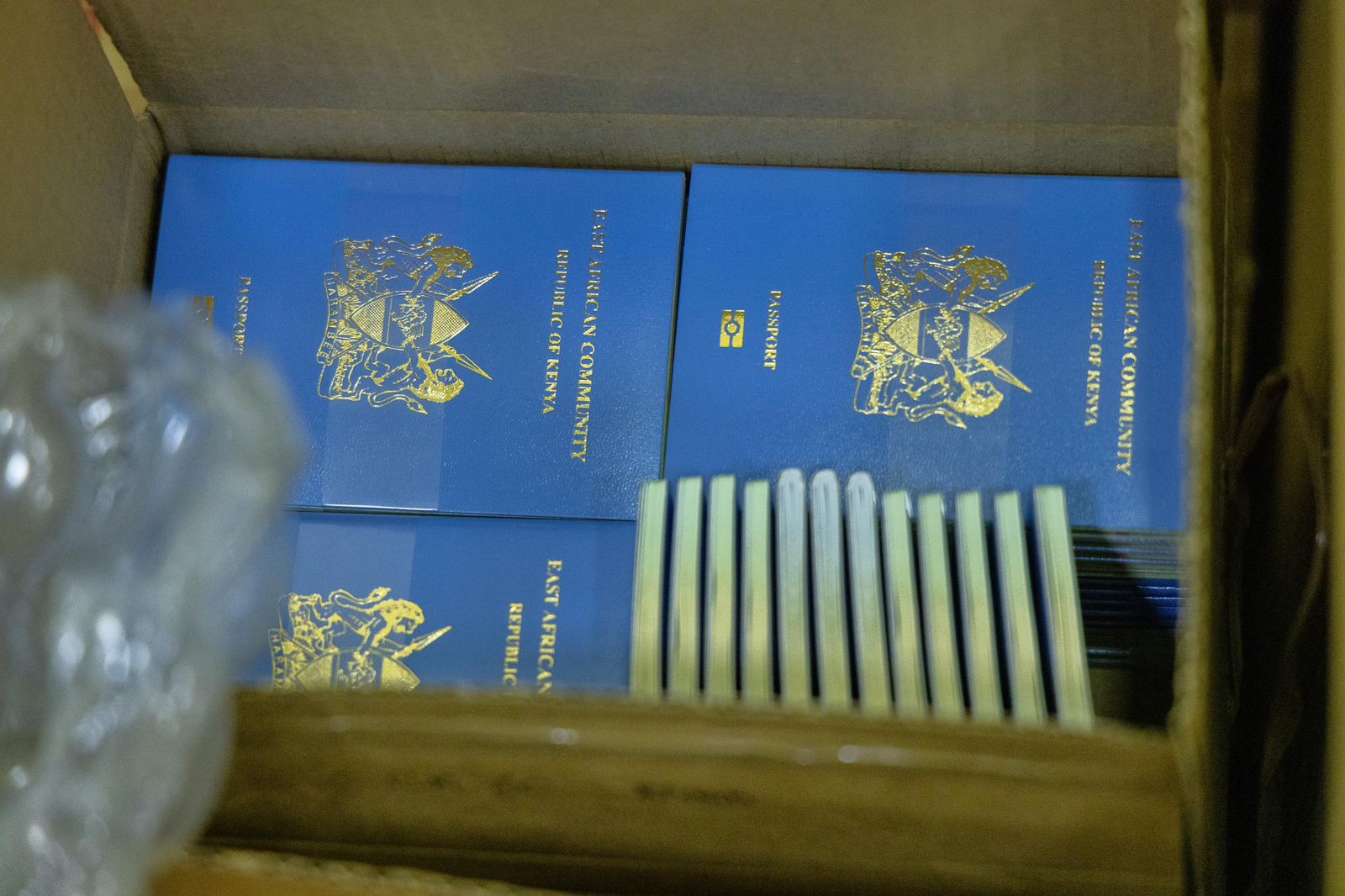Unseen and unprotected: The hidden workforce battling Kenya’s waste crisis
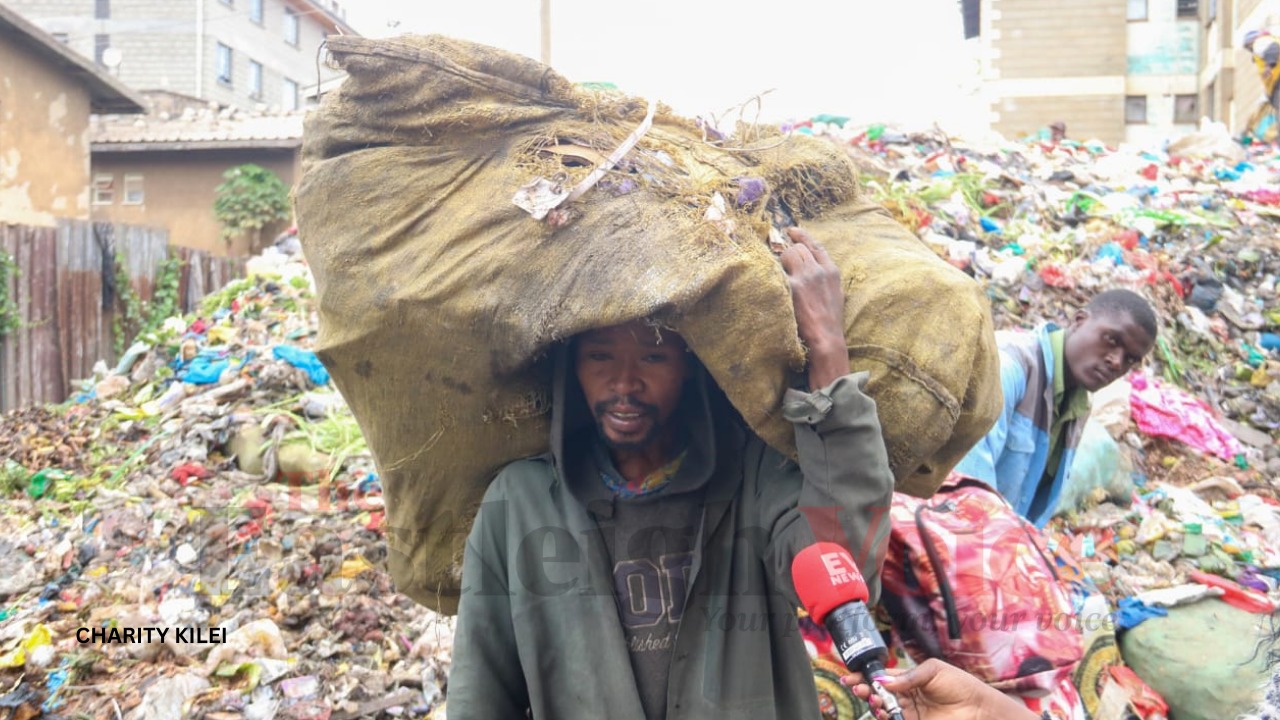
Their experiences call for urgent reforms: full implementation of the Sustainable Waste Management Act, proper infrastructure for sorting and material recovery, public education campaigns on waste separation, and formal recognition and protection for waste workers.
In informal settlements and urban neighbourhoods across Kenya, a vital and often overlooked workforce is at the frontline of managing the country’s growing waste burden.
These workers form the backbone of grassroots waste management in communities such as Majengo and Dandora. Yet despite playing a crucial role in safeguarding public health and the environment, they frequently go unrecognised, underpaid and face hazardous working conditions.
More To Read
- NEMA launches crackdown on factories producing plastic bags
- The recycling dilemma: Most plastic still ends up as waste
- Kenya calls for swift action on global plastic pollution treaty
- UN negotiations enter final stretch for historic global plastics treaty amid falling recycling rates
- Counties blamed for garbage crisis as CS Barasa cites rampant defiance
- NEMA cracks down on improper waste transport under new regulations
Kevin Omondi, a member of the community-based organisation Wapole Kijee in Majengo, is central to these efforts. His role spans coordinating recycling activities, managing collection teams, and leading community clean-ups and educational outreach.
“We do more than just pick garbage; we educate people, organise cleanups, and raise awareness about proper waste disposal. But the biggest challenge is that we’re not formally recognised by the authorities,” Omondi told The Eastleigh Voice.
This lack of formal recognition denies Omondi and his team access to crucial support, funding, health protections and official platforms that could improve their conditions.
Although Kenya’s Sustainable Waste Management Act was introduced to establish structured and environmentally responsible systems, it has yet to be effectively enforced.
“The law says there should be material recovery facilities (MRFs) where we can take sorted waste, but those facilities are either nonexistent or inaccessible. We separate waste at the source, but then we’re forced to dump it all together in landfills because we have nowhere else to take it,” said Omondi.
“The issue is not collection,” he emphasised. “It’s the lack of proper processing and sorting infrastructure. Delays and mismanagement lead to the spread of diseases. Waste pickers like us are the most vulnerable because we work without gloves, without insurance, and sometimes without food.”
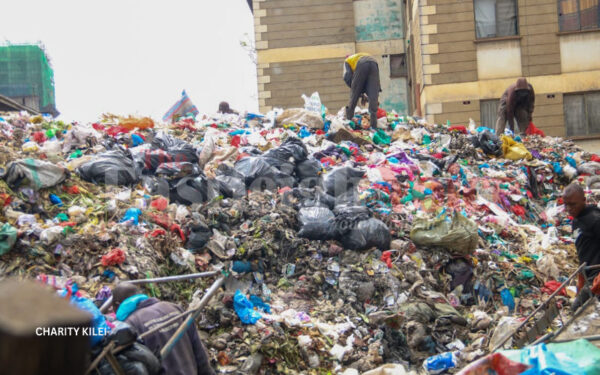 Landfill in Majengo's High-rise area. (Photo: Charity Kilei)
Landfill in Majengo's High-rise area. (Photo: Charity Kilei)
Medical waste, in particular, poses a serious risk. “We find needles, expired drugs, and sharp items mixed with household waste. People don’t separate their trash, and it puts our lives at risk.”
According to Omondi, the waste management challenges are worsened by significant infrastructure gaps and government inaction.
Recyclable and organic waste, which could generate income and reduce landfill use, often ends up rotting in the open. When left in large quantities, organic waste decomposes, releasing gases that harm waste workers and threaten the health of nearby communities.
Despite paying licensing fees and being authorised to collect and sort waste, Omondi says community organisations like his are often undermined by larger contractors who control access to holding centres and material recovery sites.
“The waste management policy says every type of waste should have its channel. Organic waste should go to compost, plastics to recyclers, and only unrecyclable waste should reach landfills. That would reduce the burden on dumpsites. Everything has value - organic waste is compost, recyclables are cash. The headache is only the non-recyclables. We do our best. We pay our dues, but sometimes we feel powerless in our pursuit to clean up and earn a decent living, which we can't get without recognition,” lamented Omondi.
For Alex Odiwuor, a waste picker who has worked across dumpsites from Dandora to Majengo, waste management is more than a job—it’s a matter of survival.
Odiwuor specialises in collecting used sacks, which he sells to companies that manufacture gumboots, plastic products, and other recycled goods. This niche has allowed him to provide for his wife and children.
“I’ve been collecting sacks for years now. One tonne of sacks, about 44 of them, sells for Sh1,000. I usually manage about 30 sacks a day, depending on the day.”
What began as an act of desperation has become his main source of income. But the work is not easy. Many days, sacks are scarce, and the weather and dump site conditions are harsh. Still, he persists.
“People look down on us. They call us chokoraa (urchins) like we’re street kids. But this work feeds my family,” said Odiwuor.
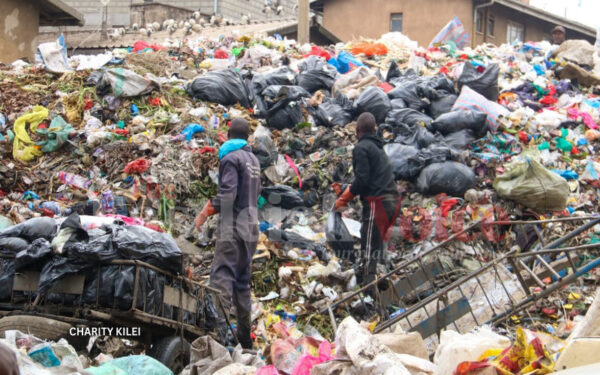 Youths sorting garbage in a landfill in Majengo's High-rise area. (Photo: Charity Kilei)
Youths sorting garbage in a landfill in Majengo's High-rise area. (Photo: Charity Kilei)
Health risks are a daily reality. Odiwuor frequently handles dangerous and contaminated materials without proper protection.
“Getting cut is normal. Sometimes you find syringes or broken glass. But I focus on sacks. I send plastic waste to others who specialise in that.”
Maina, an engineer, highlighted the irony in how society values certain jobs while ignoring others that are equally essential.
His wife works alongside him, sorting what can be sold and what must be discarded. Their motto is simple: if it makes money, it’s useful; if not, it’s trash.
“There’s a lot of disrespect for this kind of work. People think it’s dirty and unworthy. But if people like us stopped picking trash, this city would collapse into filth. We are not the problem—we’re part of the solution.”
Dan Osoo, employed by Vinstar Company and contracted by the National Housing Corporation (NHC) to manage waste in Majengo’s high-rise buildings, focuses on educating residents about the importance of sorting their waste.
“People need to know that not everything they throw away is waste. Food leftovers, farm produce waste, plastic bottles—these can be reused or recycled. But when they’re all mixed, they become useless or dangerous.”
Osoo believes waste management is not only respectable but also a vital economic opportunity for young people.
“This is real work. It pays. If more young people got involved, they could earn a decent living. But the stigma holds them back,” said Osoo.
He urges residents not to mix garbage with water or dump waste into sewage systems.
“Only water should go through the sewer, not garbage. We’ve found people throwing all kinds of trash - it clogs everything and causes floods and health hazards,” he said.
When non-recyclable waste, especially diapers or medical waste, is found, workers sometimes resort to burning it to reduce volume and health risks.
“Sometimes, before anyone can get to it, we burn certain items like diapers to stop them from spreading disease. But that’s not a solution - it’s a last resort.”
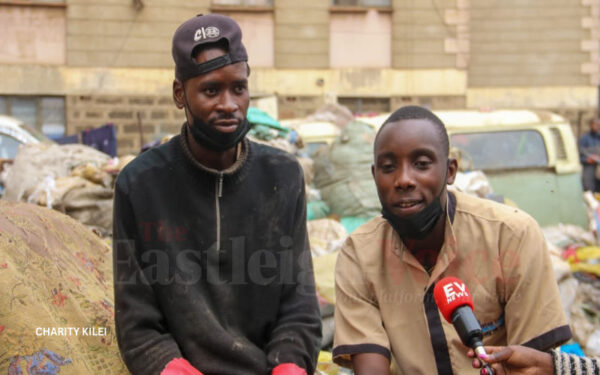 Dan Osoo (right) at a landfill. Kenya’s waste management system relies heavily on the informal sector. (Photo: Charity Kilei)
Dan Osoo (right) at a landfill. Kenya’s waste management system relies heavily on the informal sector. (Photo: Charity Kilei)
Osoo believes that with the right support, structure, and public cooperation, waste management could become one of the most empowering and profitable sectors for urban youth.
Kenya’s waste management system heavily depends on the informal sector, yet provides little support, protection, or recognition for these workers. Despite facing dangerous working conditions, social stigma, and systemic neglect, they continue to fill critical gaps in service delivery.
Their experiences highlight the urgent need for reforms, including full enforcement of the Sustainable Waste Management Act, proper infrastructure for sorting and material recovery, public education campaigns on waste separation, and formal recognition and protection for waste workers.
“Everything in waste has value. What we need is a system that recognises that and sees us,” noted Osoo.
Kenya’s Sustainable Waste Management Act (2022) provides a national framework aimed at reducing pollution, promoting recycling, and creating green jobs. It emphasises a zero-waste approach, where waste is treated as a resource. It is based on principles such as the right to a clean environment, the polluter-pays principle and sustainable consumption.
On June 19, 2024, Nairobi County’s Chief Officer for Environment, Hibrahim Otieno, welcomed a new partnership with the Japan International Cooperation Agency (JICA).
The initiative, 'Promoting Circular Model of Environmentally Sound Waste Management in Urban Areas', is being implemented with the Ministry of Environment, National Environment Management Authority (NEMA), and counties including Nairobi, Mombasa, and Kiambu. It aims to establish Material Recovery Facilities (MRFs) and advance circular economy practices in cities.
Otieno noted that the project aligns with the Nairobi Sustainable Waste Action Plan, which focuses on reducing waste at source through public awareness and improved infrastructure. Nairobi, generating over 3,200 tonnes of waste daily, urgently needs sustainable systems.
“This partnership comes at the right time,” he said. “With limited resources, we couldn’t do it alone. These strategies are key to managing the city’s growing waste problem.”
Top Stories Today

